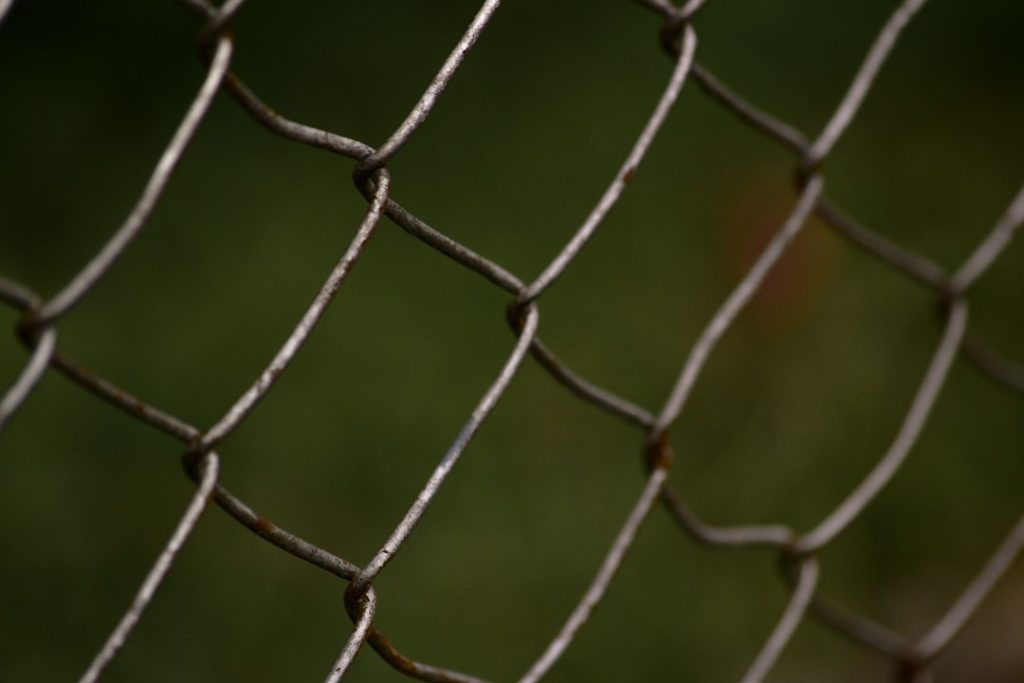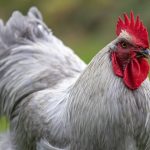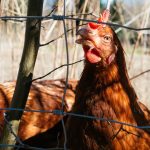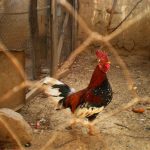Chickens are complex animals with distinct behaviors that are essential to comprehend for proper care. These social creatures flourish in flocks and possess natural instincts for foraging and exploration. Chickens are recognized for their curiosity and intelligence, demonstrating abilities in learning and problem-solving.
Grasping these behavioral traits is vital for maintaining chicken safety and security in backyard environments. Chickens instinctively seek elevated roosting spots, such as trees, at night for protection from predators. Their strong exploratory and foraging drives may lead them to wander, potentially exposing them to dangers.
Chickens are also easily frightened by sudden noises or movements, which can cause them to flee. Understanding these behaviors allows chicken keepers to implement appropriate safety measures for their flocks. As creatures of habit, chickens thrive on routine and structure.
They exhibit a strong sense of territory and establish hierarchies within their flocks. Comprehending these social dynamics is crucial when introducing new birds to an existing group, as it helps prevent aggressive behavior and conflicts. By recognizing and accommodating chickens’ natural behaviors, owners can create an environment that promotes the health and well-being of their flock.
Table of Contents
- 1 Clipping the Wings of Your Chickens
- 2 Providing Adequate Space and Enclosures
- 3 Using Fencing and Netting
- 4 Distracting Your Chickens with Enrichment Activities
- 5 Training Your Chickens to Stay in the Yard
- 6 Seeking Professional Advice and Assistance
- 7 FAQs
- 7.1 What are some methods to keep chickens from flying out of your yard?
- 7.2 How can I clip my chickens’ wings to prevent them from flying out of the yard?
- 7.3 What type of fencing or netting is best for keeping chickens from flying out of the yard?
- 7.4 How can I provide adequate space and entertainment in the yard to prevent chickens from flying out?
- 7.5 Can I train my chickens to stay within the boundaries of the yard?
Key Takeaways
- Chickens are social animals and exhibit various behaviors such as scratching, dust bathing, and roosting.
- Clipping the wings of chickens can prevent them from flying over fences and escaping.
- Providing adequate space and enclosures is essential for the well-being of chickens and to prevent overcrowding.
- Using fencing and netting can help keep chickens safe from predators and prevent them from wandering off.
- Enrichment activities such as hanging treats or providing toys can help keep chickens entertained and prevent boredom.
Clipping the Wings of Your Chickens
How Wing Clipping Works
One effective way to prevent chickens from flying over fences and escaping from the yard is by clipping their wings. This is a simple and painless procedure that involves trimming the primary feathers on one wing, which disrupts the bird’s balance and prevents it from achieving lift when attempting to fly. It’s important to note that wing clipping does not harm the chicken in any way, as the feathers will grow back during the next molt cycle.
The Clipping Process
When clipping a chicken’s wings, it’s important to use sharp scissors and make clean cuts to avoid causing any discomfort or injury to the bird. The primary feathers, also known as the flight feathers, are located at the end of the wing and are easily identifiable by their length and shape. By trimming these feathers on one wing, the chicken’s ability to achieve lift is disrupted, making it difficult for them to fly over fences or enclosures.
Maintenance and Considerations
It’s important to keep in mind that wing clipping is not a permanent solution, as the feathers will eventually grow back. Typically, wing clipping needs to be repeated every 6-12 months, depending on the individual bird’s molt cycle. Additionally, it’s important to monitor the trimmed feathers for regrowth and re-clip them as needed.
By clipping the wings of your chickens, you can effectively prevent them from flying over fences and escaping from the yard, while still allowing them to roam freely within a safe and secure space.
Providing Adequate Space and Enclosures
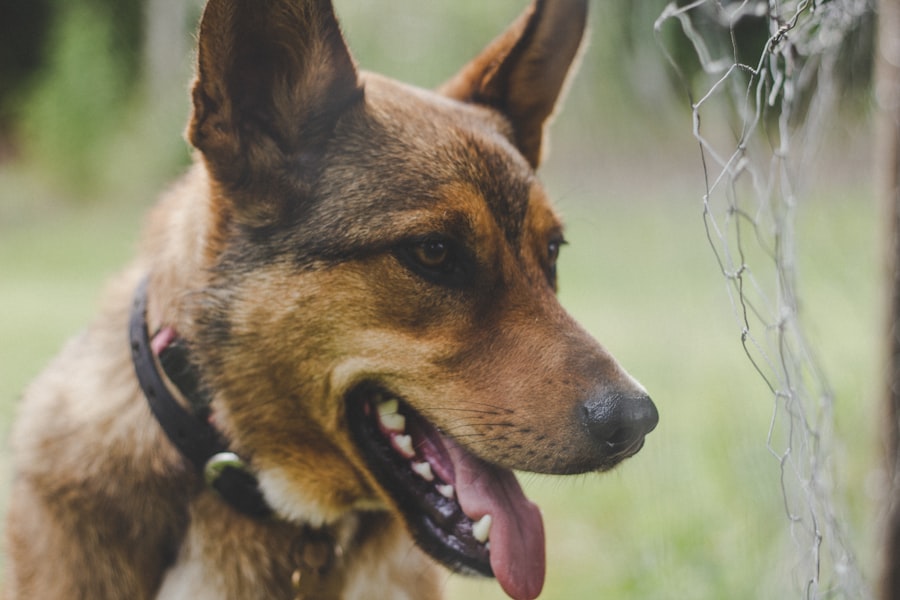
When it comes to keeping chickens safe and secure in a backyard setting, providing adequate space and enclosures is crucial. Chickens require enough space to move around freely, forage for food, and engage in natural behaviors such as dust bathing and roosting. Additionally, they need a secure enclosure that protects them from predators and provides shelter from the elements.
A good rule of thumb is to provide at least 4 square feet of space per chicken inside the coop, and 10 square feet per chicken in an outdoor run. This allows for ample space for the chickens to move around comfortably and engage in natural behaviors. It’s also important to provide roosting bars inside the coop for the chickens to perch on at night, as well as nesting boxes for laying eggs.
In addition to providing adequate space inside the coop, it’s important to have a secure outdoor run or enclosure where the chickens can safely roam during the day. This outdoor space should be enclosed with sturdy fencing and covered with netting to prevent predators from gaining access. It’s also important to provide shade and shelter within the outdoor enclosure, as well as access to fresh water and food.
By providing adequate space and secure enclosures for your chickens, you can create a safe and enriching environment where they can thrive and flourish. This not only ensures their physical safety but also promotes their overall well-being and happiness.
Using Fencing and Netting
Fencing and netting are essential tools for keeping chickens safe and secure in a backyard setting. A sturdy fence around the perimeter of the yard can prevent chickens from wandering off into neighboring properties or getting into potentially dangerous situations. Additionally, covering the outdoor enclosure with netting can protect chickens from aerial predators such as hawks or owls.
When it comes to choosing fencing for a chicken enclosure, it’s important to select materials that are sturdy and predator-proof. Hardware cloth or welded wire mesh are popular choices for chicken fencing, as they are durable and provide excellent protection against predators. It’s important to bury the bottom of the fence underground or use an apron of wire mesh to prevent predators from digging underneath.
In addition to fencing, covering the outdoor enclosure with netting can provide an extra layer of protection against aerial predators. Nylon or wire netting can be used to cover the top of the enclosure, preventing predators from swooping down from above. It’s important to ensure that the netting is securely fastened and free of any tears or holes that could allow predators to gain access.
By using fencing and netting, chicken owners can create a secure outdoor space where their flock can safely roam and forage without the risk of predation or escape. These measures not only protect the chickens from harm but also provide peace of mind for their owners.
Distracting Your Chickens with Enrichment Activities
Chickens are intelligent and curious animals that benefit from mental stimulation and enrichment activities. Providing them with distractions such as hanging treats or toys can help prevent boredom and reduce undesirable behaviors such as feather pecking or aggression. Enrichment activities can also encourage natural behaviors such as foraging and dust bathing, which are important for the overall well-being of chickens.
One simple way to distract chickens is by hanging treats such as cabbage or lettuce from a string inside the coop or outdoor enclosure. This not only provides a source of entertainment for the chickens but also encourages them to peck at the treats, promoting natural foraging behavior. Additionally, hanging toys such as mirrors or shiny objects can provide visual stimulation for the chickens.
Another enrichment activity for chickens is providing them with a dust bathing area where they can engage in natural grooming behavior. This can be achieved by filling a shallow container with sand or diatomaceous earth, which allows the chickens to dust bathe and clean their feathers. Dust bathing not only helps keep the chickens clean but also provides them with an outlet for natural behavior.
By distracting chickens with enrichment activities, owners can help prevent boredom and reduce stress within the flock. This not only promotes their overall well-being but also encourages positive behaviors that contribute to a harmonious environment.
Training Your Chickens to Stay in the Yard
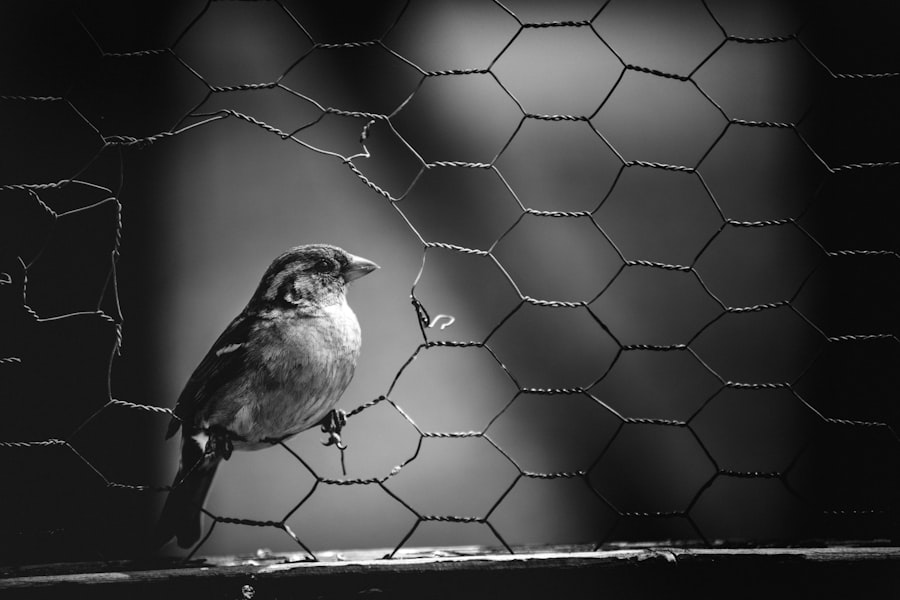
Using Treats as Rewards
Training chickens to stay within the confines of the yard can be achieved through positive reinforcement and consistent training methods. One effective way to train chickens is by using treats as a reward for staying within the designated area. By consistently rewarding them when they remain in the yard, chickens learn to associate staying close with receiving a treat.
Establishing Boundaries with Visual Cues
Another method for training chickens is by using visual cues such as flags or markers to establish boundaries within the yard. By consistently reinforcing these boundaries through training sessions, chickens learn to recognize and respect these visual cues as indicators of where they should stay.
Consistency and Patience are Key
It’s important to be patient and consistent when training chickens, as it may take time for them to learn and understand what is expected of them. By using positive reinforcement and consistent training methods, owners can effectively train their chickens to stay within the yard without the need for physical barriers or restraints.
Seeking Professional Advice and Assistance
In some cases, seeking professional advice and assistance may be necessary when it comes to keeping chickens safe and secure in a backyard setting. Professional animal behaviorists or poultry experts can provide valuable insight and guidance on how to address specific behavioral issues within a flock. They can also offer recommendations on effective training methods or enrichment activities that are tailored to the individual needs of the chickens.
Additionally, professional assistance may be needed when it comes to implementing physical barriers or enclosures that provide maximum protection against predators. Experts can offer advice on selecting appropriate fencing materials, securing outdoor enclosures, or implementing predator deterrents such as motion-activated lights or sound devices. By seeking professional advice and assistance, chicken owners can gain valuable knowledge and support that can help ensure the safety and well-being of their flock.
Professional guidance can provide peace of mind and confidence in knowing that effective measures are in place to protect chickens from harm. In conclusion, understanding the behavior of chickens is crucial when it comes to keeping them safe and secure in a backyard setting. By providing adequate space and enclosures, using fencing and netting, distracting chickens with enrichment activities, training them to stay in the yard, and seeking professional advice when needed, owners can create a safe and enriching environment where their flock can thrive.
These measures not only protect chickens from harm but also promote their overall well-being and happiness.
If you’re looking for more tips on keeping your chickens safe and secure, you might want to check out this article on how to build a chicken coop nest box. Providing a comfortable and secure nesting area for your chickens can help keep them content and less likely to try to fly out of your yard.
FAQs
What are some methods to keep chickens from flying out of your yard?
Some methods to keep chickens from flying out of your yard include clipping their wings, using netting or fencing, providing adequate space and entertainment in the yard, and training them to stay within the boundaries.
How can I clip my chickens’ wings to prevent them from flying out of the yard?
To clip your chickens’ wings, you can use sharp scissors to trim the primary feathers on one wing. This will make it difficult for them to achieve lift and fly out of the yard.
What type of fencing or netting is best for keeping chickens from flying out of the yard?
For keeping chickens from flying out of the yard, it is best to use high-quality poultry netting or hardware cloth with small openings to prevent them from squeezing through or flying over.
How can I provide adequate space and entertainment in the yard to prevent chickens from flying out?
To prevent chickens from flying out of the yard, provide them with a spacious and enriching environment with plenty of room to roam, dust bathe, and forage. Additionally, providing toys and perches can keep them entertained and less likely to attempt to fly out.
Can I train my chickens to stay within the boundaries of the yard?
Yes, you can train your chickens to stay within the boundaries of the yard by using positive reinforcement, such as treats, and gently guiding them back into the yard when they attempt to fly out. Consistency and patience are key to successful training.
Meet Walter, the feathered-friend fanatic of Florida! Nestled in the sunshine state, Walter struts through life with his feathered companions, clucking his way to happiness. With a coop that’s fancier than a five-star hotel, he’s the Don Juan of the chicken world. When he’s not teaching his hens to do the cha-cha, you’ll find him in a heated debate with his prized rooster, Sir Clucks-a-Lot. Walter’s poultry passion is no yolk; he’s the sunny-side-up guy you never knew you needed in your flock of friends!

